32 pages • 1 hour read
Roald DahlThe Way Up To Heaven
Fiction | Short Story | Adult | Published in 1954A modern alternative to SparkNotes and CliffsNotes, SuperSummary offers high-quality Study Guides with detailed chapter summaries and analysis of major themes, characters, and more.
Themes
The Negative Effects of Societal Expectations
Content Warning: This section of the guide contains descriptions and references to abuse and coercive control, accident, and death.
The theme of the negative effects of societal expectations is central to this story, as it is clear throughout that both Mr. and Mrs. Foster have been shaped by traditional gender roles during their marriage. The story places the couple’s societal expectations of marriage in the early 1920s while setting the story in the 1950s. The story therefore examines the societal expectations of two generations (See: Background).
The narrator, when establishing Mrs. Foster’s character, uses condescending language to trivialize how “she would flutter and fidget” (47) with “foolishness” (47) about being late. It is implied that her behavior is both childlike and perhaps characteristic of women, as it is stated that though she is “not a particularly nervous woman” (47), she is also nearly driven “nearly into hysterics” by her husband intentionally triggering her anxieties by making her late. This is juxtaposed with Mr. Foster’s air of condescension and superiority. He is traditionally masculine in his calm, “cool” (47), and “bland” (47) manner as he purposely perpetuates his wife’s stress. At this point, it is unclear whether the narrator is describing Mrs.
Related Titles
By Roald Dahl

Beware of the Dog
Roald Dahl
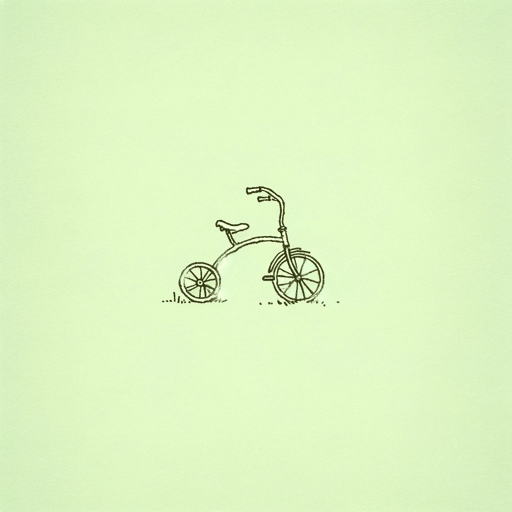
Boy: Tales of Childhood
Roald Dahl

Charlie And The Chocolate Factory
Roald Dahl
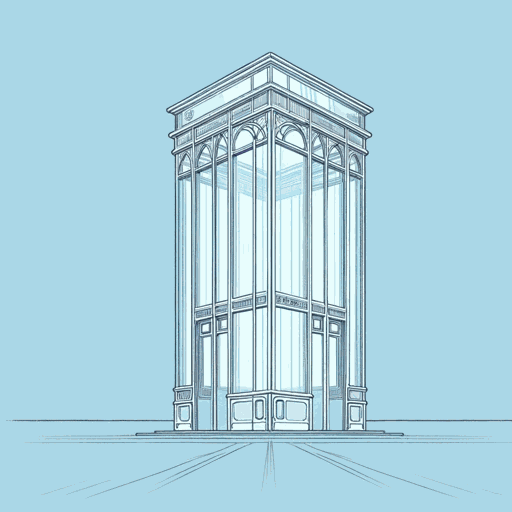
Charlie and the Great Glass Elevator
Roald Dahl

Danny, the Champion of the World
Roald Dahl
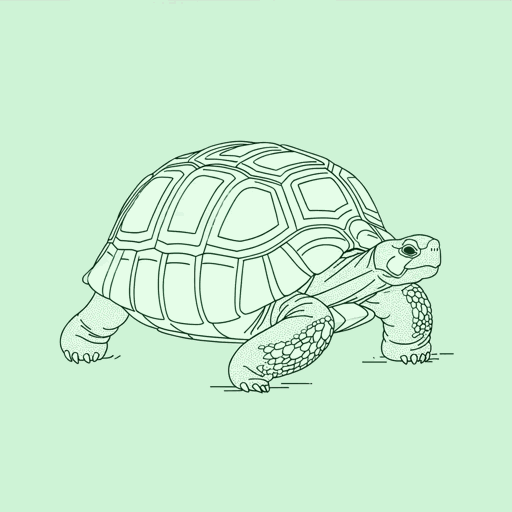
Esio Trot
Roald Dahl

Fantastic Mr Fox
Roald Dahl

George's Marvelous Medicine
Roald Dahl
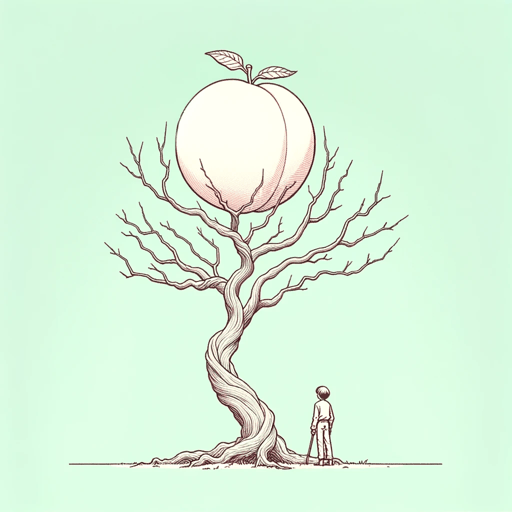
James And The Giant Peach
Roald Dahl
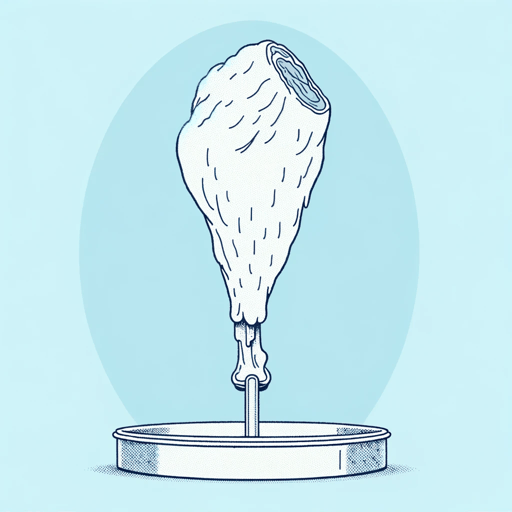
Lamb To The Slaughter
Roald Dahl

Matilda
Roald Dahl
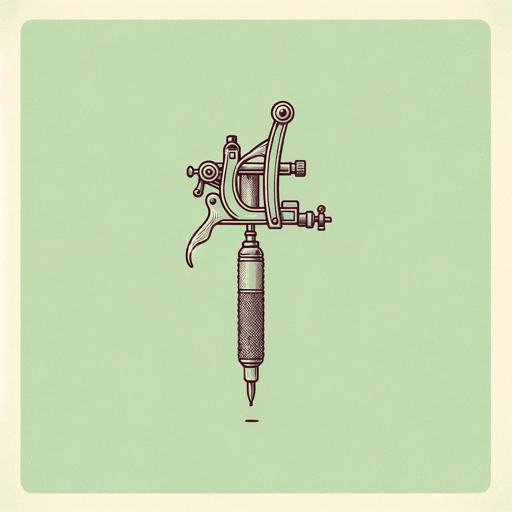
Skin
Roald Dahl
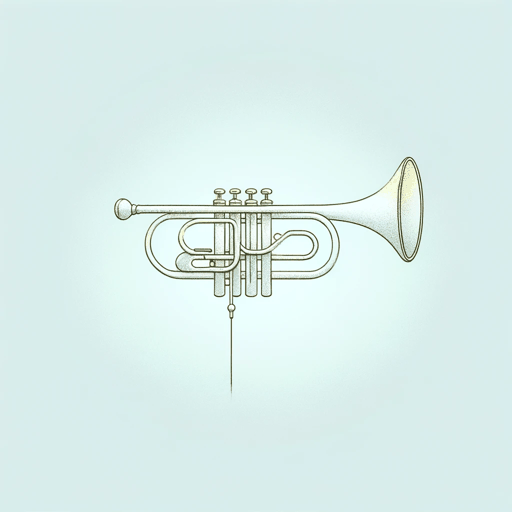
The BFG
Roald Dahl

The Giraffe and the Pelly and Me
Roald Dahl, Illustr. Quentin Blake

The Landlady
Roald Dahl

The Magic Finger
Roald Dahl, Illustr. Quentin Blake

The Twits
Roald Dahl

The Witches
Roald Dahl

The Wonderful Story of Henry Sugar and Six More
Roald Dahl

